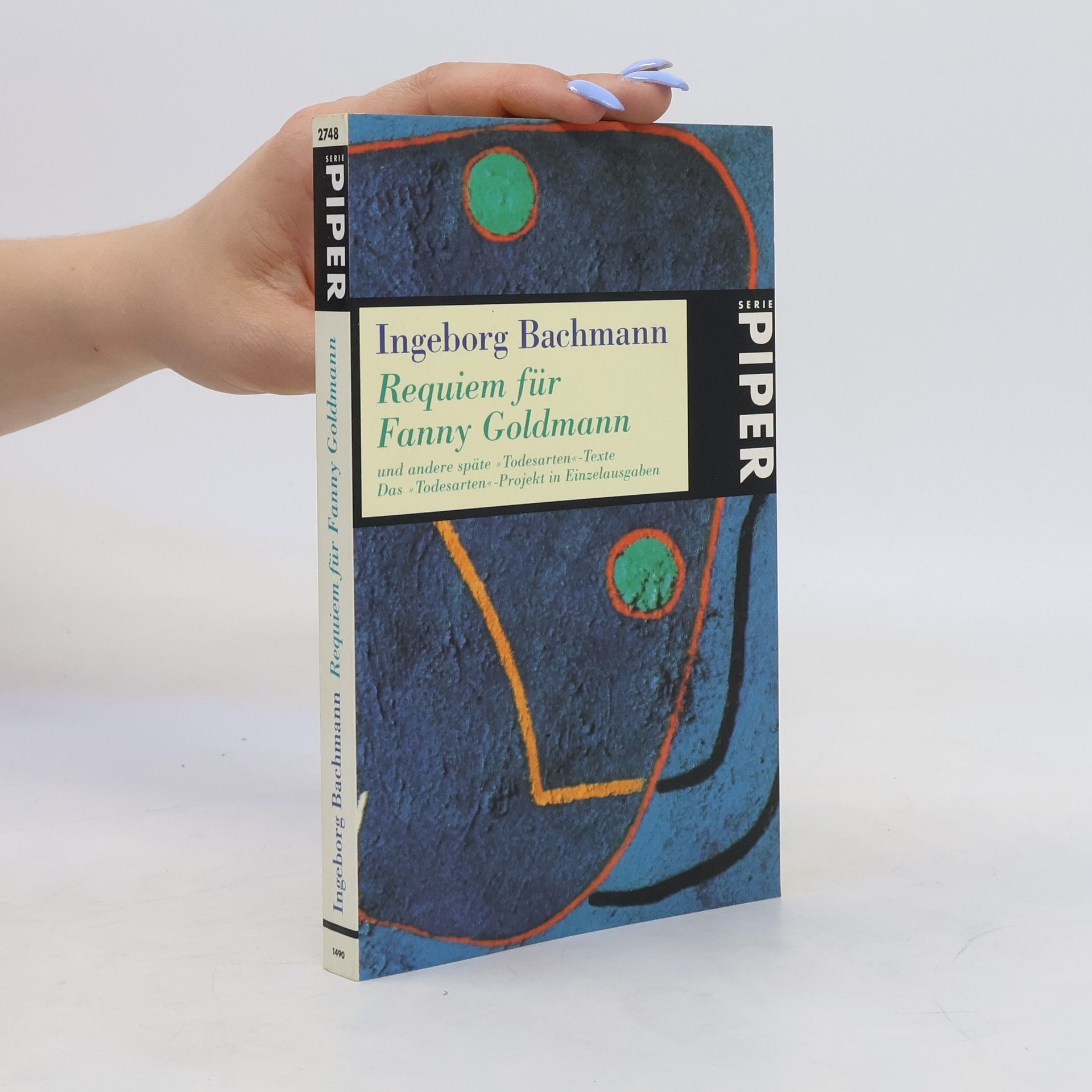Requiem für Fanny Goldmann
- 264pages
- 10 heures de lecture


Das Handbuch bietet erstmals einen umfassenden interdisziplinären Überblick über die postkoloniale Theorie und Forschung in den Literatur- und Kulturwissenschaften. Es verbindet die Einführung in das Thema mit einer kritischen Zwischenbilanz zu diesem internationalen Forschungsfeld. Auf einen Theorieteil und die lexikalische Darstellung von postkolonialen Grundbegriffen folgen Artikel zur Literatur-, Kultur- und Mediengeschichte des Kolonialismus und Postkolonialismus in den betroffenen Kulturräumen sowie ein Anhang mit historischen Überblicken zu einzelnen Ländern und weiterführenden Informationen. Das Handbuch richtet sich an wissenschaftliche Leserinnen und Leser und bietet Ansatzpunkte für künftige Forschung, soll aber auch für Studierende und interessierte Laien eine verlässliche Basis zur Auseinandersetzung mit der europäischen Kolonialgeschichte, ihren kulturellen Resonanzen und ihrer postkolonialen Aufarbeitung in Literatur und Kultur bereitstellen.